Munich's experimental music scene has birthed an intriguing new collaboration in Prepared, a trio merging the seemingly disparate worlds of chamber music, minimalism, and dance music. The group brings together three accomplished musicians—Chris Gall on prepared piano, Florian Riedl on bass clarinet, and Christoph Holzhauser on drums—each bringing distinct musical backgrounds ranging from Argentinian tango to German hip-hop.
The group's instrumentation of prepared piano, bass clarinet, and drums produces hypnotic, trance-inducing compositions that obliterate the lines between contemporary classical and groove-based music. Drawing inspiration from minimalist composers like Steve Reich and Nik Bärtsch, the trio crafts cyclical motifs and layered patterns that evolve subtly over time, creating what they describe as 'modules' rather than traditional songs. Prepared's music is intellectually engaging and instinctively danceable.
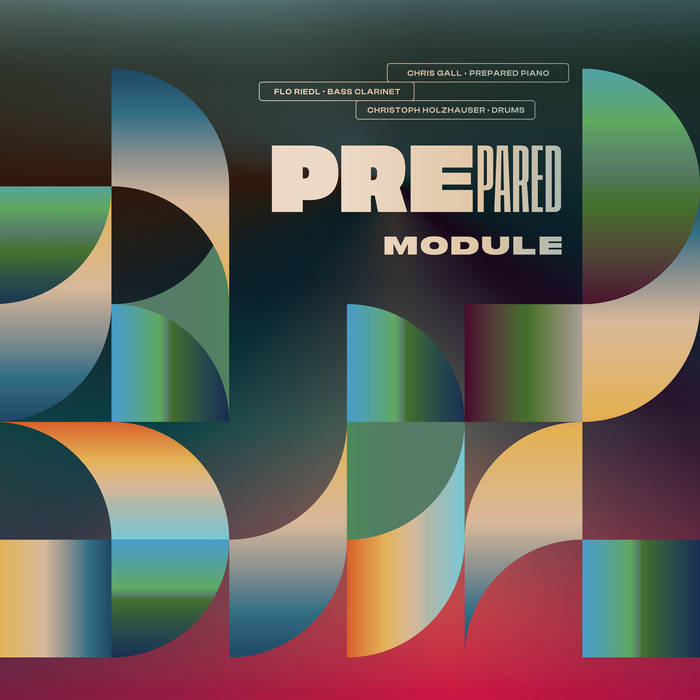
Lawrence Peryer: Can you talk about how you three came together?
Chris Gall: We have known each other from the Munich music scene and have played in different groups for over 20 years. In 2008, I joined Florian's Retro-Jazz-Soul-Boogaloo group, The Hi-Fly Orchestra, and we played many gigs around Europe for almost ten years.
The line-up for Prepared just came out of curiosity. We were looking for a new instrumentation to set the controls to zero. Starting from the ground up can be inspiring!
Florian Riedl: Of course, a drum kit for the groove couldn't be missing. We also played with Christoph Holzhauser (drums) on various projects, and it quickly became clear that he was the right person for it.
Lawrence: Your backgrounds span tango, folk music, hip-hop, and more. Can you talk about how diverse influences shape Prepared's sound?
Chris: Even if I'd consider myself a jazz pianist with a classical background, most of my previous projects focus on rhythm and pulses. It's just part of my musical landscape. By the time I finished my jazz studies at Berklee College of Music in the late '90s, I was just into pure jazz; improvising on jazz cadences was all I cared about. It's a "real-time / in the moment" process of "what do I improvise on this chord in this or that bar." But then I discovered two new phenomena in the music world: the growing popularity of minimalism and the other was music by Kruder & Dorfmeister. These sounds were new to me, and what they both had in common was a fascination with music evolving over time.
Florian: Since I was 16, I've been attending clubs playing acid jazz. There was a great club series back then called Into Somethin'. The creators of the series also had a record store where you could listen to the latest records. Of course, I was fully into jazz music, but cross-over projects have always intrigued me. Now we all play in projects that have a wide musical range but the unifying element is certainly the rhythm.
Lawrence: What's the significance of naming your pieces "modules" rather than traditional song titles?
Chris: In Module, we don't write music that connects with nostalgia or other emotional hints, such as song titles like "Autumn Night Walk" or something like that. Our tracks are 'modules,' overlapping or modulating from one to the other. That's what it is: simply modules.
Florian: Besides, it sounds really good.
Lawrence: How did you develop the cyclical motifs in "Modul Eins?" Did they emerge through improvisation or structured composition?
Florian: This composition is primarily about different rhythmic levels. Only when a second level is added does a context emerge. So you can feel different parts with each distinct pulse. This idea sounds complex, but people who listen to this music are unaware of it, which is a good thing. The piece is, of course, composed. When we play live, we always take the liberty of opening up the parts.
Lawrence: Steve Reich and Nik Bärtsch are mentioned as reference points for your work. Can you discuss which aspects of minimalism particularly interest you as listeners and composers?
Florian: The exciting thing about minimal music is that it puts you in a trance-like state. Reaching this state is wonderful. As a listener, I find this music creates cinematic scenes.
Chris: When I first listened to Steve Reich, I was blown away and couldn't believe that I could be so excited and fascinated by music that has no traditional forms or improvisation, with only subtle variations over a long period of time. It sort of has a spiritual effect on me—hypnotizing.
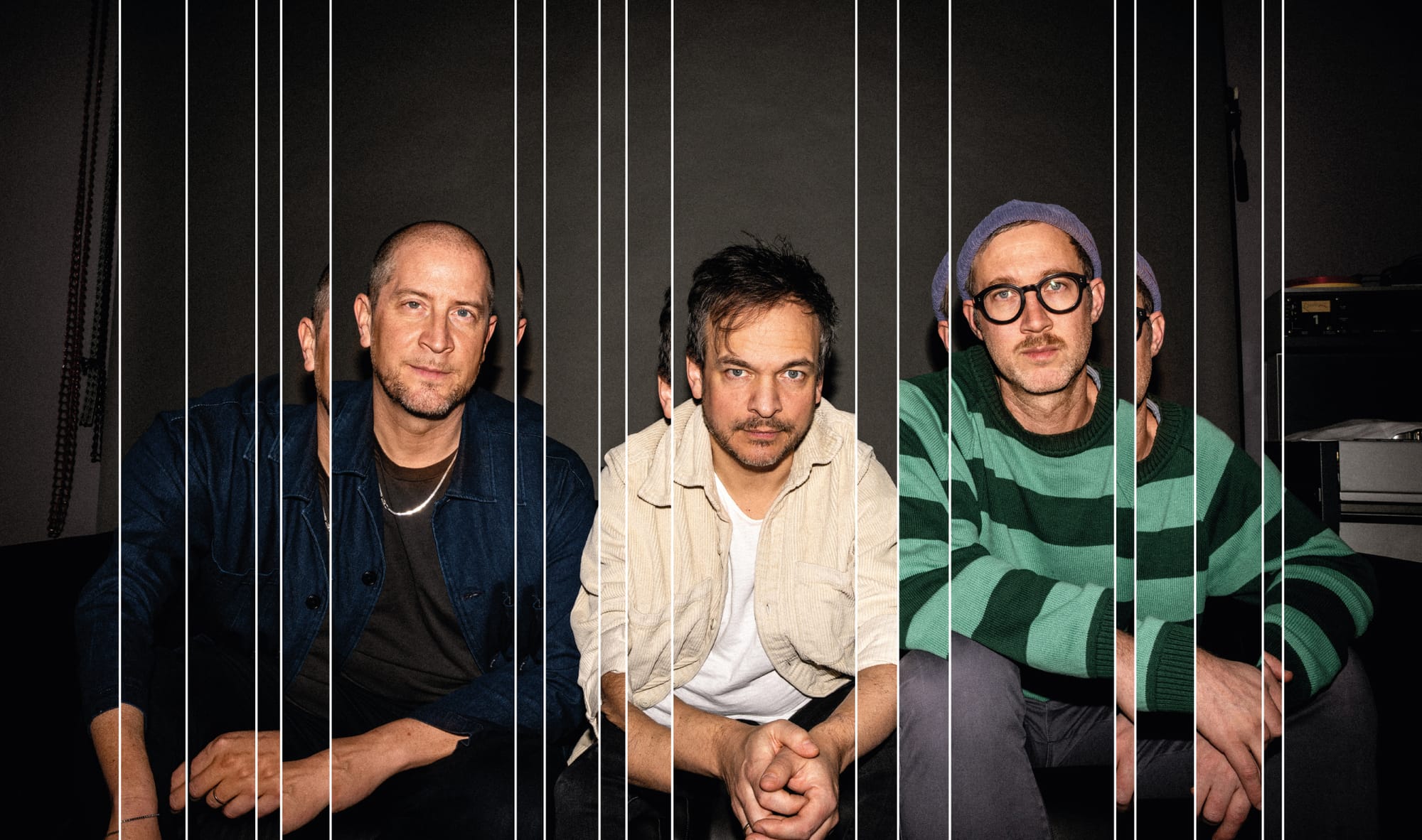
Lawrence: How do you balance hypnotic repetition with musical development?
Chris: You point to one of the biggest challenges that this kind of music has. How much is too much, how little is too little? How much does it need? Composing repetitions is like spanning a bow and holding the tension as long as possible without losing it.
Lawrence: Can you describe the specific piano preparations used on "Modul Eins" and their sonic effects?
Chris: My preparations are simple and usual in the realm of avant-garde. Nevertheless, muting strings with fingers, tuning plugs, or a piece of felt and holding the sustain pedal creates such a huge soundscape, I just love it! When muting a string, you can modulate the sound of it in real-time by varying the strength of muting with your fingers or by changing the position on the piano strings. Also, I love subtly distorting the sound occasionally by holding a thin paper on the strings with one hand while playing with the other.
Lawrence: How does recording live in one room for Dolby Atmos affect your musical interaction compared to traditional multi-track sessions? Are there any accommodations you have to make while recording?
Florian: We made the decision to record everything together in a room mainly for common music interaction. This choice had nothing to do with the Dolby Atmos mix. It was only about giving us a better feeling.
Chris: We recorded the album all in one room. This setup gives us a live feeling and a natural sound while playing, but it also means that we had to be disciplined with dynamics because of leakage. Also, we couldn't do any overdubs or major post-production corrections. While recording, you don't need to listen back to an immersive mix because, ideally, an immersive mix digitally reproduces the most natural room sound, getting as close as possible to what we experience while playing in a real room.
Lawrence: Florian, coming from "folklore-free folk music" with Dreiviertelblut, what elements of folk tradition carry over into Prepared's compositions?
Florian: As you said, Dreiviertelblut is folk music free of folklore. We use a few clichés here and there, but it's more of a cross-over band. However, I also started experimenting with effects. I've done a lot, especially with the bass clarinet. A good source of inspiration is my two bandmates (guitarists), who have huge pedalboards.
Lawrence: Chris, how does your experience with Argentinian tango inform your approach to rhythm and dynamics in Prepared?
Chris: Oh, tango and the music of Prepared are the best counterparts I can think of. Tango Argentina is never played with drums or percussions (unlike all other traditional music from Latin and South America) as there is no fixed tempo. It's constantly getting faster and slower, faster and slower … and the same with dynamics. It is so different from what we do with Prepared. But this is what I love: juggling with extremes and experiencing contrasting perspectives on music.
Prepared's Module is out on January 17, 2024. You can purchase and listen to the album on Bandcamp and other digital outlets. Visit Prepared at prepared-music.de and follow the trio on Instagram.
Check out more like this:
 The TonearmLawrence Peryer
The TonearmLawrence Peryer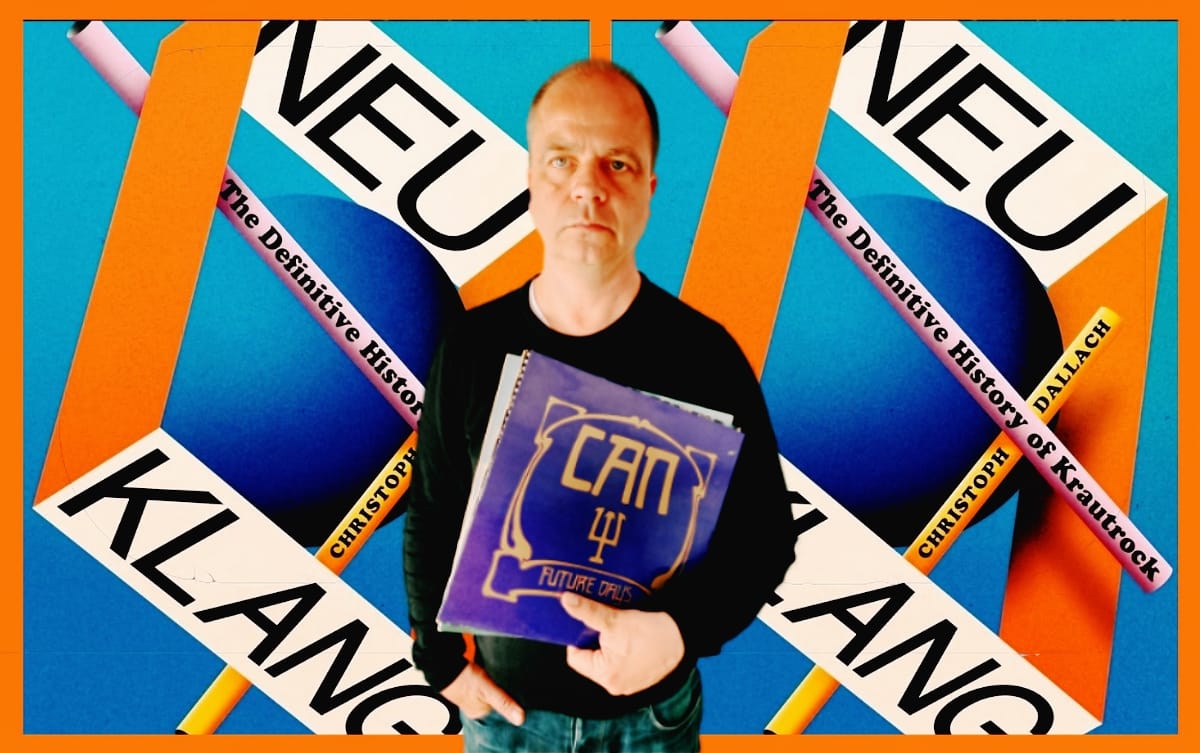
 The TonearmLawrence Peryer
The TonearmLawrence Peryer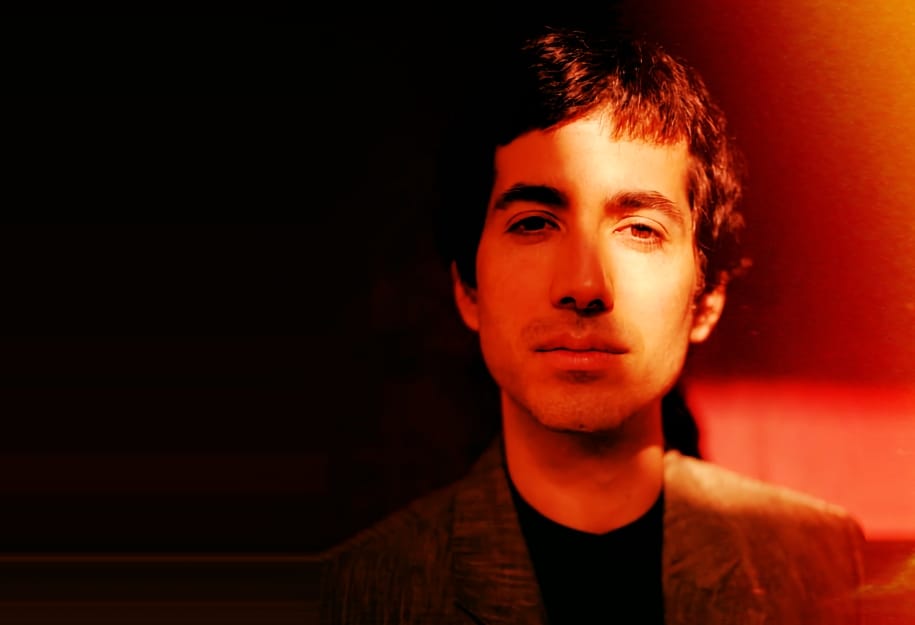


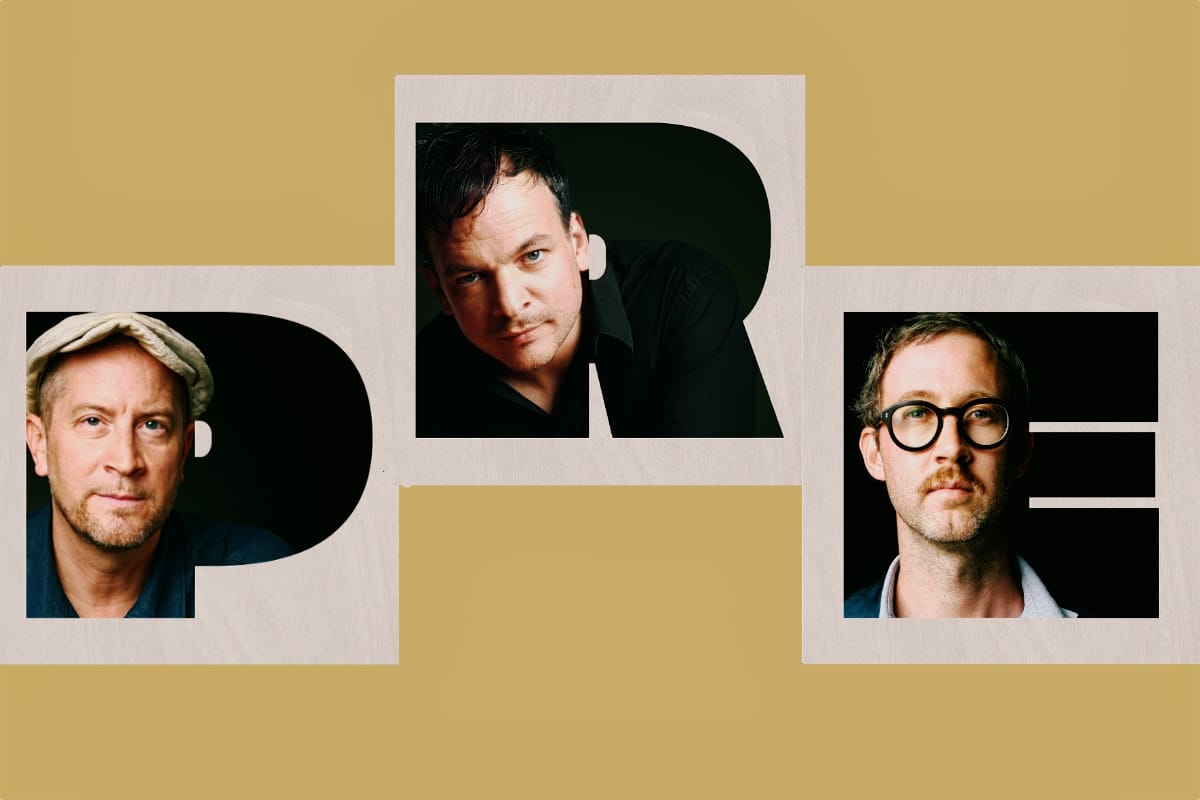




Comments